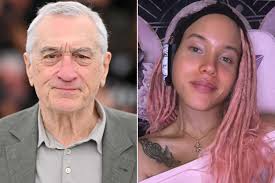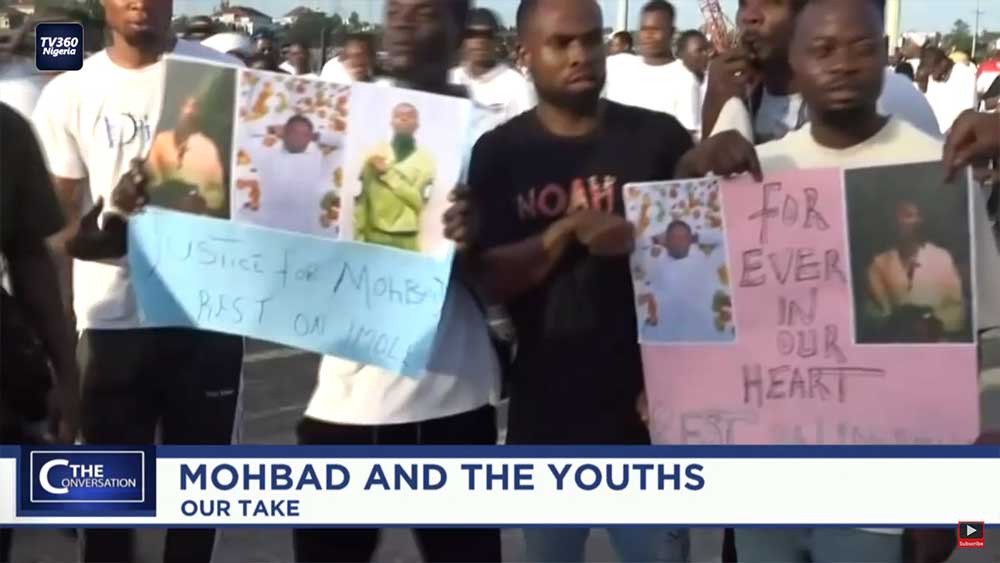“Akon Didn’t Create Afrobeats” – ID Cabasa Sets the Record Straight

Veteran Nigerian music producer and industry icon ID Cabasa has pushed back against claims made by Senegalese-American singer Akon, who recently suggested he played a pivotal role in the creation of the Afrobeats genre.
In a recent interview, Akon stated that his collaborations with Nigerian artists in the late 2000s and early 2010s were instrumental in shaping what would become Afrobeats. But ID Cabasa, speaking during an appearance on Wazobia FM, firmly rejected that narrative.
“Akon cannot claim credit for the creation of Afrobeats,” Cabasa said. While acknowledging that Akon did collaborate with Nigerian acts during the genre’s formative years—before it gained global traction—he emphasized that Akon’s involvement came after many Nigerian artists had already laid the groundwork.
“Before Akon started working with the likes of Wizkid and P-Square, artists like 2Face, 9ice, and Timaya were already making waves. They were gaining recognition and setting the stage for what became Afrobeats,” Cabasa stated.
He also addressed Akon’s claim that he discovered Wizkid and signed him in 2008, clarifying that it was actually Banky W who discovered Wizkid and signed him to Empire Mates Entertainment (EME). Akon’s label later entered into a distribution partnership with EME—he did not “groom” Wizkid, as he suggested.
Speaking partly in Pidgin English, Cabasa added:
“If Akon dey claim say na him create Afrobeats, then he for also talk say na him discover 2Face, 9ice, Timaya and others. Na people wey he jam when he come Nigeria tell am say ‘I’m the biggest artist here,’ and from there he enter the scene. But that no mean say na him start the whole thing.”
“We collaborated with Akon on distribution, yes, but that doesn’t translate to him being the creator of Afrobeats. Afrobeats no be wetin one person create — it’s a culture, a movement built by many over time.”
Cabasa’s remarks add depth to the ongoing conversation around Afrobeats’ origins, reinforcing that the genre’s rise was a collective effort rooted in Nigerian culture and talent—not the claim of any single artist.





